I recently told a friend of mine that I want to go live in the Tsugaru region of Aomori for a little while. Tsugaru is the home of the Tsugaru shamisen, and I figured I could spend a few months there learning the shamisen and practicing my Japanese. However my friend quickly shouted “Akan de!”
So why? What’s wrong with studying Japanese in the beautiful (albeit very cold), northern Honshu part of japan? And just what does “Akan de” mean anyway? These questions are understood by looking into the very confusing world of Japanese dialects, of which Japan has many.
What are Japanese dialects, or “Just what the bloody hell is a dialect anyway?”
How many of you readers understand the phrase “bloody hell”. I am willing to bet you are all competent English readers, but perhaps this phrase eludes you? That’s because it’s a British / Australian slang, which is used as an intensifier (think “very”). This is an example of “dialects”, in how for example “American English” differs from “English”. Whilst Japans regions is not as separated as the English speaking regions of the world, confusingly enough the Japanese language is a great deal more varied than English with is many dialects. In fact it can be varied to the point of native speakers occasionally needing subtitles to watch a movie in a different dialect!
Japanese Dialects
Dialects are marked by the Japanese word “ben”, which is usually affixed to its region, except in slang or offensive representations of a dialect. So the Japanese Dialect of Kansai is “Kansai-ben”.
Common Japanese
The “common” Japanese language, the one we learn when studying from a textbook, is known internally as not “nihongo / japanese” but rather “Hyōjun go” (標準言). The Japanese government basically wants uniformity so it is used in schools, the news and all official scenarios, and it’s also the normal language of Tokyo. As a foreigner in Japan, most Japanese people will make a conscious effort to speak to you in common Japanese, even if you notice they speak to Japanese friends in a dialect.
Kansai-ben
The second most prevalent or popular dialect is probably Kansai-ben, which is the language of the areas of Kyoto, Osaka, and Kobe etc. This dialect is very easy to hear as pretty much everyone in the Kansai area, especially in Osaka, regularly use it. It is also a lot more varying in pitch than standard Japanese, making it more lively and energetic sounding. Finally, due to this energetic nature, many comedians on the TV seem to employ it (or maybe more comedians are from Kansai? I don’t know. If someone savvier to Japanese comedians knows, let me know!)
Hakata ben / Fukuoka ben
Hakata ben is the dialect of Fukuoka and the surrounding suburbs in the southern Kyushu Island of japan. Hakata ben is noteworthy as its actually growing in popularity in the area, as opposed to other dialects which is often shunned by the younger generations in favor of standard Japanese.
| English | Common Japanese | Hakata-ben |
| Is it alright? | いいじゃないか
Ee jyah nai kah |
よかろうもん
yokaroumon |
| What are you doing? | 何をしているか
Nani Wo Shiteiru ka? |
なんしとうと
nan shitō to? |
Tohoku-ben
Whilst it’s probably unfair to ground all the dialects that fall under Tohuku-ben together, I shall do that. Tohuku-ben is by far the most distant dialect from standard Japanese, and so distant sounding that most non Tohuku people are not able to easily understand it. The dialect is marked by a more laid back sound, and the S sounding more like a Z. For example Sushi would sounds more like Zuzji. This relaxed sound has earned the dialect to have a reputation as a country bumpkin dialect, and so the younger generations especially tend not to use it. If you are looking for a challenge though, this is the dialect for you.
The Okinawan Language
The Okinawan language is interesting in that there is debate over whether it should be referred to as Okinawan-ben or Okinawa-go (Okinawa language). Whilst Japanese are generally taught and believe that it is a dialect, most outside linguists consider it a separate branch of the Japanese language, in a relationship like the romantic languages have. The Japanese government essentially likes to push the idea that Japan is homogenous, and so the idea of it being a dialect is more political than scientific. Due to a history of suppression (sometimes violent) of the Okinawan language, it is now quiet rare and considered an endangered language.
Here is an example of the difference between Japanese and Okinawan, do you think it’s a dialect or language?
| Japanese | Okinawan | English |
| arigarou | nifeedeebiru | Thank you |
| ohayou | ukimisoochii | Good morning |
| itadakimasu | kwatchiisabira | Bon apatite! |
| tasukete | tashikiti | Help (me) |
| wakarimasen | wakayabiran | I don’t understand |
Some words are completely different but some sort of start out the same, right?
One explanation for the difference in the words that are similar is because Okinawan has different set of consonants and vowels than Japanese dialects. The completely different words are pure Okinawan, but the similar words are probably taken and shaped from Japanese (like Englishs use of Phobia from Phobos, etc.)
Osaka-ben in focus, let’s learn some words!
If you want to learn another dialect to surprise your friends whilst in Japan, I think Kansai / Osaka-ben is the best. As it’s the easiest to actually hear you won’t feel as out of place using it, and it’s also perceivably cool. Furthermore, Osaka people are very friendly and fiercely proud of Osaka. Simply talk in an Osakian accent and bellow your support for the Hanshin Tigers at any Izakaya, and you will make friends in no time!
On pronunciation
As for pronunciation, it’s a little hard to explain and your best bet is to learn from a native speaker. As a rule of thumb, slur your words together and roll your r’s in the more “macho” phrases. So for example “Nande ya nen!?” sounds more like “Nandeeyahnen!?” Besides that the high and low points of pronunciation are often reversed or made livelier in Kansai ben.
Some words
| English | Kansai-ben |
| What the hell!? | Nande ya nen!? |
| Meccha | Very (すごく) |
| Mecchakuccha | Very very |
| Honma(ni)? | Really? (本当に?) |
| Aho | Idiot(ばか) |
| Ee yo / de | Alright!(いいよ) |
| Chau
Chau chau (often repeated twice for effect, “no,no”) |
Wrong / no (違う) |
| chau de! (de is said with exclamation, use like an exclamation mark in English to add assurance) | That’s wrong! |
| Akan de! | That’s no good (だめ) |
| ookini | Thanks (どうも) |
Some grammar
Here are some grammar rules. This is probably only worth reading if you already speak normal Japanese.
| Standard | Kansai-ben | Examples |
| ない | へん
ん (sometimes) |
違う、行かないー>ちゃうわ、行かへん
分からないー>分からへん・ 分からん |
| だ | や | 行かない、暑いだからー>行かへん、暑いやから |
| よ | で | だめだ!->あかんで
ルカだよ!->ルカやで! |
| ね | な | そうだねー>そうやな |
And with that new knowledge, I say to you (hint. “chauchau” is a dog)
“Are, chauchau chau? Chau chau, chauchau chau n chau?”
Wakaran?
Let’s Learn Japanese Dialects!
Here I have collected a list of websites you can visit to learn the various dialects mentioned in this article. If you intent to spend some time in Hakata, why not study a few phrases and impress the locals.
Hakata-ben: http://hougen.u-biq.org/fukuokaben.html
Okinawa: http://www.omniglot.com/language/phrases/okinawan.php
Tohoku: http://www.japanesethroughanime.com/2012/07/tohoku-japanese-language.html
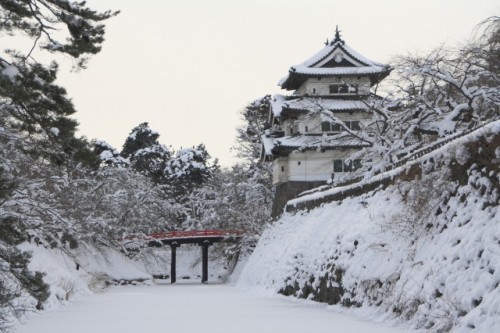
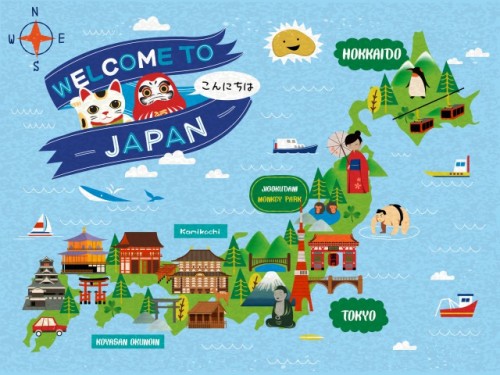
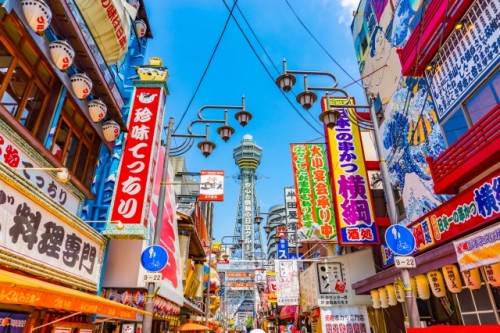
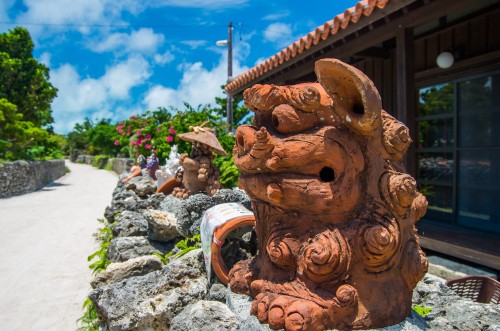
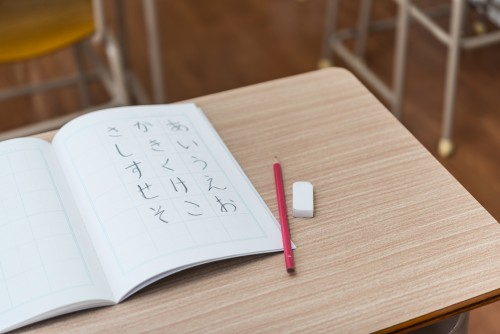
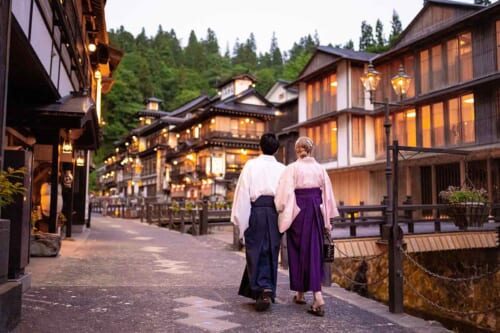
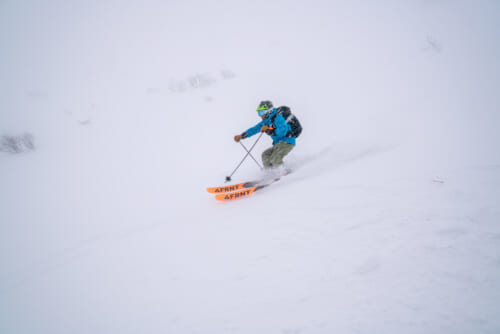
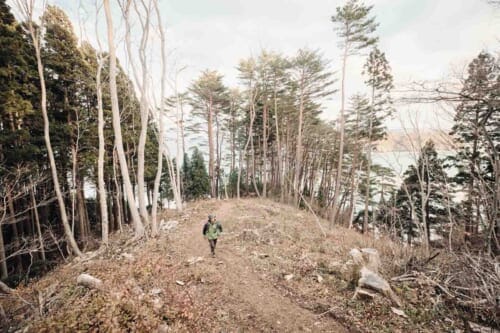
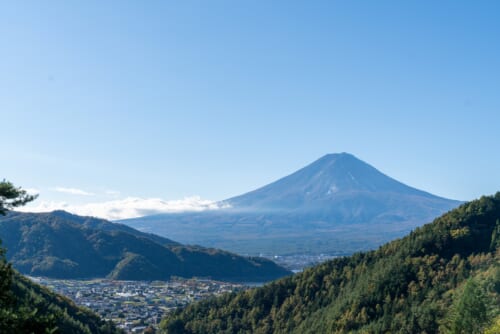

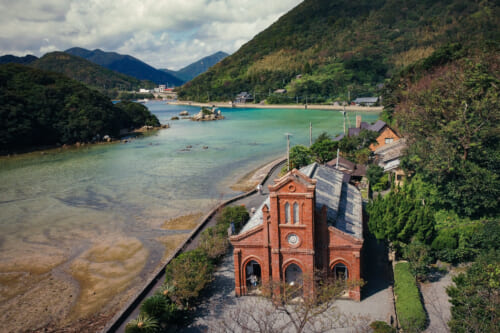
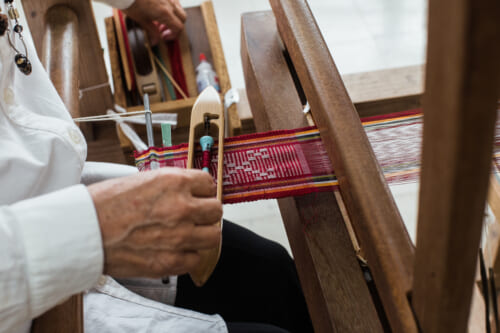

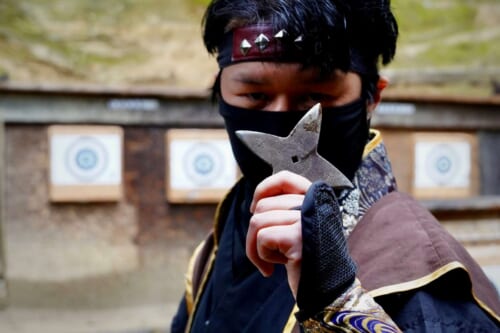
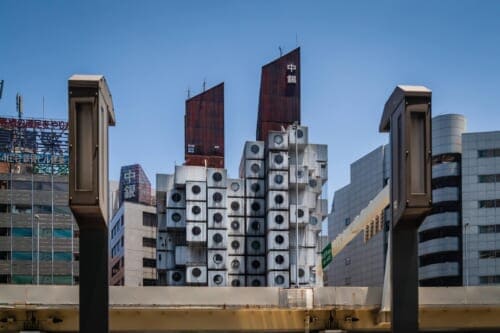


No Comments yet!